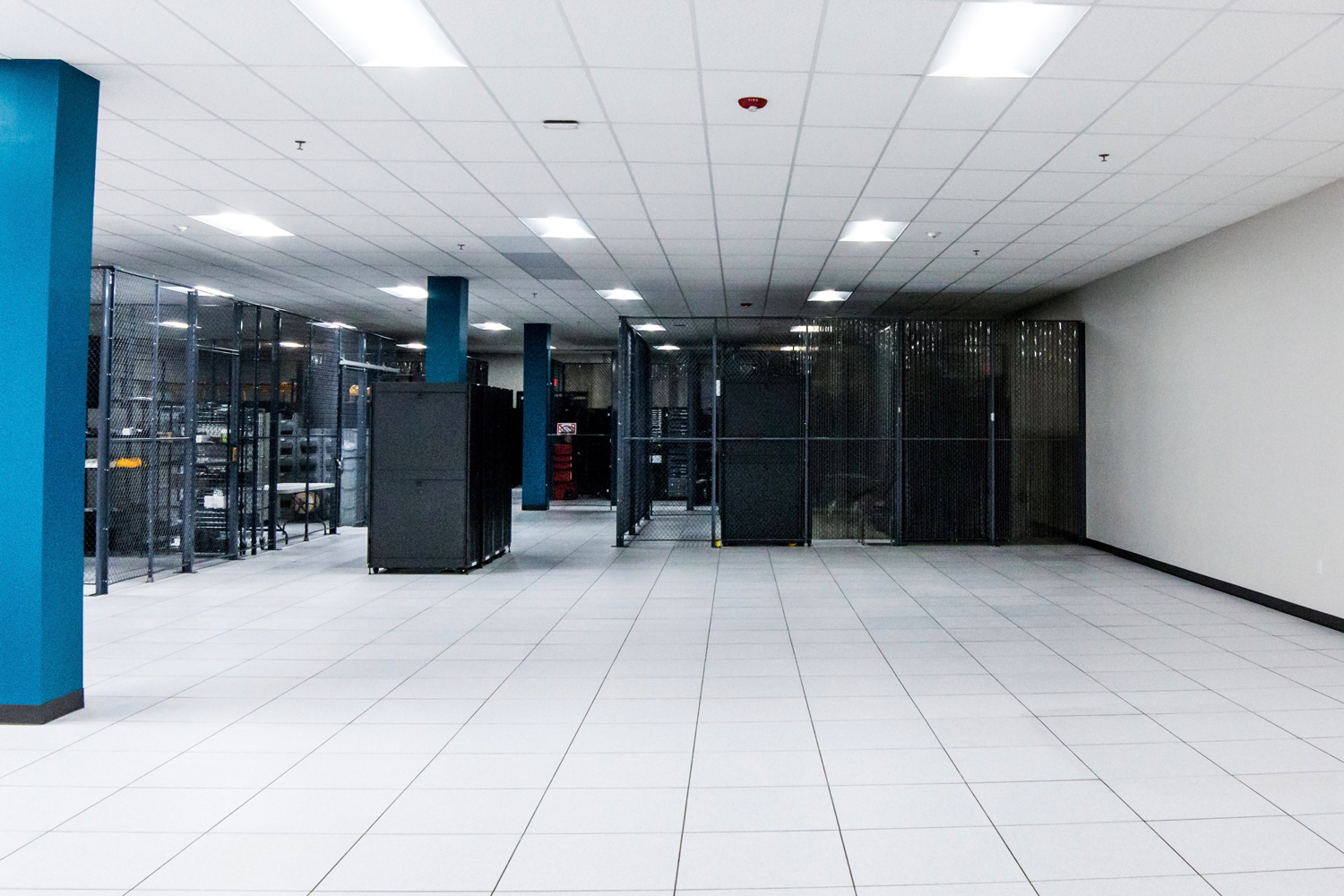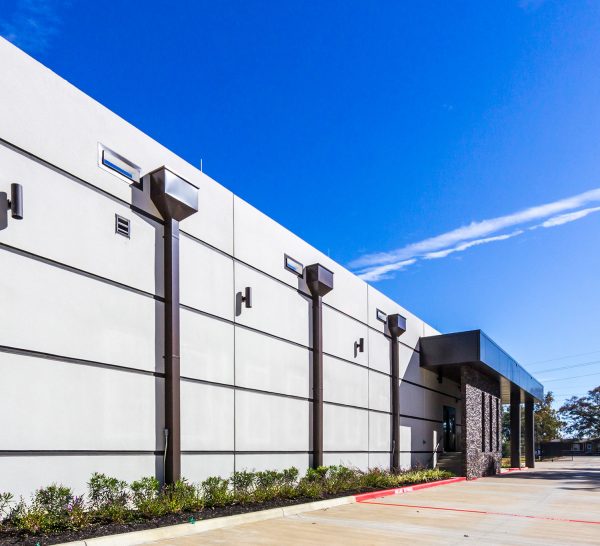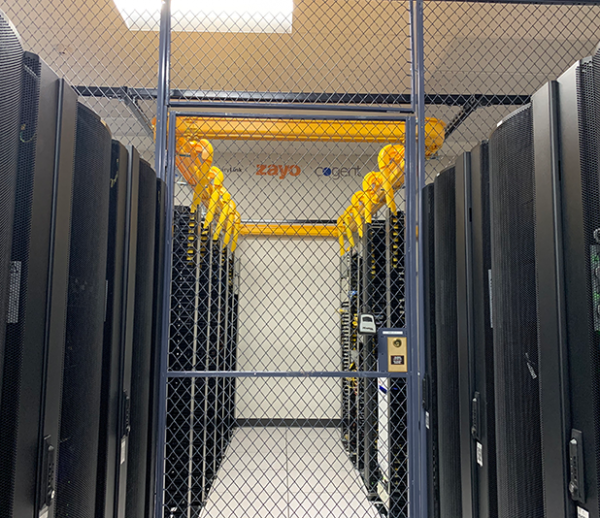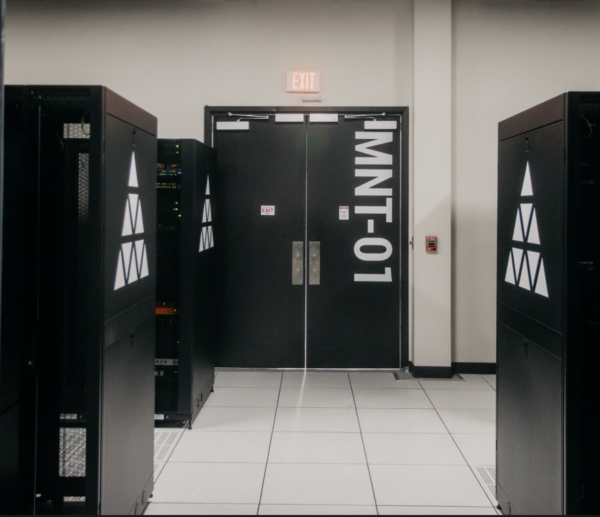Colocation is the practice of renting space for servers and other computing hardware in a third-party facility. Instead of building, maintaining, and managing an in-house data center, companies looking for a colocation services can lease space in a colocation data center, like our Houston data center. A colocation data center provides a secure physical space for networking hardware, along with essential infrastructure support, such as power, cooling, and network connectivity.
The impetus behind colocation comes down to the fact that building, maintaining, and managing a data center is simply not worth the investment for many organizations. Even those that do have the technical know-how and resources to manage a data center may not consider it worth the effort, given that there are now other, highly effective solutions available. And for many organizations looking for data storage today, the right solution is colocation.
What Does a Colocation Service Include?
These are the core features of colocation services.
Facilities: This refers to the physical data centers where clients rent space to house their servers. These facilities have all the infrastructure to ensure that the client’s hardware operates efficiently and securely: power supplies, cooling systems, and networking equipment. They are equipped with climate control, state-of-the-art fire suppression systems, and advanced security measures.
Power: A constant and stable power supply is essential to ensure that servers and other hardware continue to operate without interruptions. Without backup systems, even brief power outages can lead to significant data loss or hardware damage. Colocation centers have redundant power sources and backup generators to ensure systems stay operational in all circumstances.
Remote hands-on services: With remote hands-on, customers can get on-site technical assistance with tasks they would otherwise need to be physically present to perform. These services enable organizations to maintain and manage their hardware at the colocation center, without having to send their own technicians. At TRG, remote hands-on is free.
What Are the Benefits of Colocation?
The alternatives to colocation include on-premises and cloud services – but businesses that opt for colocation see many benefits.
Enhanced reliability and uptime: Colocation centers have superior reliability and uptime compared to many other solutions. Unlike on-premises data centers that require substantial investment and specialized expertise, colocation facilities are ready to go, with state-of-the-art infrastructure. Businesses benefit from high reliability, security, and scalability without a massive initial outlay and ongoing maintenance challenges.
Scalability for growing demands: One important advantage of colocation is its scalability. As your business grows, you don’t have to overhaul an existing on-premises data center or navigate the complexity of scaling a hybrid cloud solution. Instead, it’s easy to rent additional space and resources from your colocation provider, making it a much more adaptable option for businesses with evolving needs.
Cost efficiency and resource optimization: Colocation provides an optimal balance between cost and performance. While on-premises data centers come with high upfront and ongoing maintenance costs, and public cloud services can have unpredictable expenses, colocation offers a more stable and predictable cost structure. This approach allows businesses to focus on their core operations rather than being burdened by the logistics and costs associated with infrastructure management.
Streamlined maintenance and management: Colocation means companies are freed from burdensome and time-consuming infrastructure upkeep, which is often a core aspect of managing on-premises or hybrid cloud solutions. Colocation providers that specialize in the day-to-day management of servers, power systems, and security protocols provide expert management that frees up internal resources to focus on more strategic business initiatives.
Choosing the Right Colocation Provider
When selecting a colocation provider, it’s crucial to find one that aligns with your business needs. Navigating the world of colocation services requires clarity, research, and efficient decision-making. We recommend a three-stage process that ensures businesses secure the best possible deal in colocation services while also optimizing reliability and fit. Here it is in a nutshell:
- Begin with a clear introduction, detailing your specific needs, timeline, and expectations to potential providers.
- Once communication is established, prioritize touring the data center facilities in person. These tours not only help assess the reliability and infrastructure of a center but also establish a vital human connection that can be leveraged during negotiations.
- After touring, evaluate offers, and compare them to your needs. When making a final decision, use clear communication to set boundaries and expectations for all parties involved.
Colocation vs. The Cloud
Choosing between these two storage methods often boils down to issues of control, cost, and complexity. While cloud services promise ease of use and scalability, they can come with hidden costs and potential performance issues. Colocation, on the other hand, offers direct control over your hardware, a more predictable cost structure, and reliable dedicated infrastructure.
Cloud-based services are still, of course, popular. But the growing trend of cloud repatriation, where businesses move away from the cloud and back to traditional IT environments or colocation facilities, illustrates how cloud storage does not suit all businesses. One example of a business that decided to eschew the cloud is leading SEO toolset provider Ahrefs – read the case study here.
In short, while both storage options have their merits, colocation is a compelling choice for businesses seeking control, predictability, and top-tier performance. Click here if you’d like to know more about cloud vs colocation.
Why Colocation?
The complexity of data storage in the digital era demands a solution that balances cost, control, and adaptability. Colocation services provide businesses with direct hardware access, a stable cost framework, and robust infrastructure.
As more businesses rethink the cloud as their data storage needs evolve, the popularity of colocation services will continue to grow.







